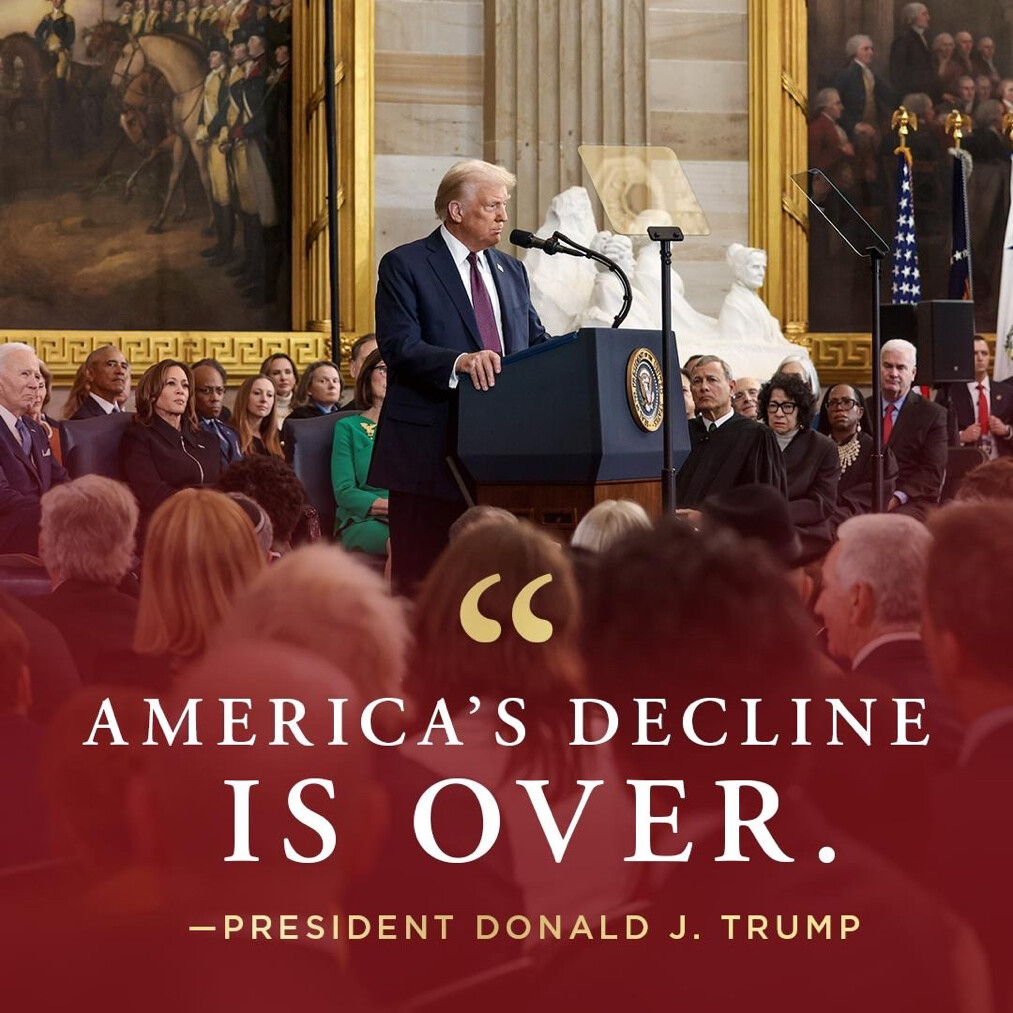In a landmark presidential action, the United States has officially distanced itself from the Organization for Economic Co-operation and Development (OECD) Global Tax Deal. This move, announced through a White House memorandum, effectively nullifies the prior administration’s commitments to the international tax framework, positioning the U.S. to reclaim economic sovereignty and protect its businesses from extraterritorial tax pressures.
Understanding the OECD Global Tax Deal
The OECD Global Tax Deal was designed to establish a fairer global tax system by imposing a minimum corporate tax rate of 15% and addressing tax base erosion and profit shifting. While it was initially supported by the previous administration, critics have argued that it infringes on national economic policies and places undue burdens on American businesses operating globally.
Key Elements of the Presidential Memorandum




The recent memorandum outlines several critical actions:
- Non-Enforceability of the Global Tax Deal: The U.S. Treasury and the Permanent Representative to the OECD have been instructed to notify the organization that any prior commitments to the tax deal have “no force or effect” in the United States unless ratified by Congress.
- Protecting U.S. Economic Interests: The memorandum tasks the Treasury and the U.S. Trade Representative with assessing foreign tax policies that may disproportionately impact American firms and proposing countermeasures.
- Potential Retaliatory Measures: The administration will explore actions to protect U.S. businesses from discriminatory and extraterritorial tax regimes imposed by other countries.
Implications for Offshore Investors
The withdrawal from the OECD tax framework presents significant opportunities for offshore investors seeking to capitalize on a more business-friendly U.S. environment. Here’s why this is a green light for investing offshore into the U.S.:
1. Tax Optimization Opportunities
With the U.S. no longer bound by OECD tax mandates, corporations and high-net-worth individuals investing in the U.S. can benefit from a more flexible tax regime. Offshore investors can structure their holdings more effectively to take advantage of lower tax liabilities.
2. Strengthened Investment Climate
This policy shift signals a return to pro-business strategies that prioritize domestic economic growth and attract foreign capital. Investors can expect a regulatory environment that favors entrepreneurship, job creation, and innovation without the restrictions imposed by global tax agreements.
3. Enhanced Financial Privacy and Protection
Without the reporting requirements mandated by the OECD framework, investors may enjoy greater financial privacy and reduced compliance costs when structuring investments through U.S. financial institutions.
4. Competitive Advantages for Canadian Investors
For Canadian investors, the move creates an attractive avenue to leverage the U.S. market while sidestepping international tax rules that may negatively impact their cross-border investment strategies. The U.S. offers a stable, high-growth environment compared to Canada’s increasingly regulated tax policies.
Challenges and Considerations
While this withdrawal presents numerous investment opportunities, offshore investors should remain mindful of potential risks, including:
- International Trade Tensions: Other OECD member states may respond with countermeasures that could impact cross-border investments.
- Legislative Uncertainty: Future administrations or congressional actions could potentially reintroduce global tax compliance measures.
- Compliance with U.S. Regulations: While OECD obligations no longer apply, U.S. tax authorities may still impose rigorous compliance requirements for foreign investors.
Conclusion
The U.S. withdrawal from the OECD Global Tax Deal marks a pivotal moment for offshore investors looking to capitalize on a more favorable and autonomous American tax landscape. With a renewed focus on economic competitiveness and investor-friendly policies, now is the time to explore opportunities in U.S. markets.
Invest Offshore provides expert insights and strategic solutions for individuals and businesses seeking to maximize their offshore investment potential in the United States. Additionally, Invest Offshore offers investment opportunities in West Africa, seeking investors for the Copperbelt Region, further diversifying your offshore strategy.

Leave a Reply